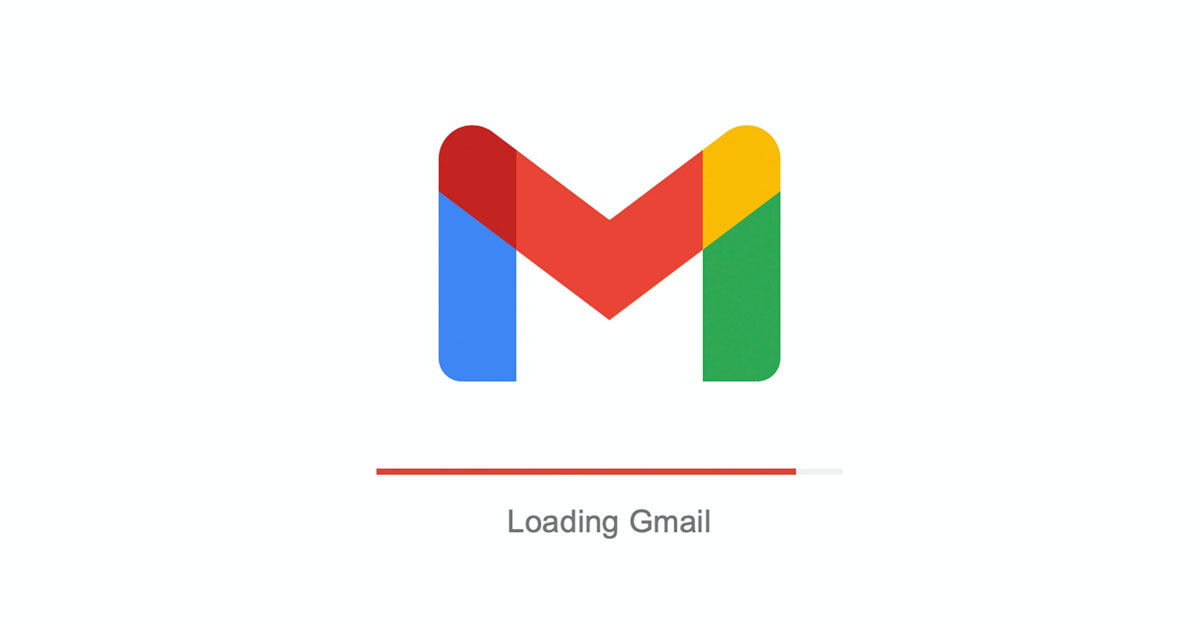Massive Gmail data breach reveals 183 million exposed passwords: Act now to protect your account

Millions of Gmail passwords leaked in new global data breach
A shocking new cyber incident has rocked the internet as security researchers confirm that over 183 million Gmail accounts have been compromised in a recent data breach. The exposed information includes email addresses, passwords, and website login details, all of which have been added to the popular breach-tracking platform Have I Been Pwned (HIBP).
The breach, discovered through collaboration between cybersecurity researcher Troy Hunt and threat-intelligence firm Synthient, highlights the scale of password theft from “infostealer” malware campaigns that have been active across global networks for almost a year. These malicious programs secretly collect user credentials and package them into massive underground data sets sold or traded on the dark web.
What We Know About the Massive Gmail Password Leak
According to Hunt, the leaked data amounts to 3.5 terabytes containing 23 billion rows of information, primarily email addresses, passwords, and site URLs. Around 16.4 million of these credentials were completely new, having never appeared in any previous breach records. This means millions of users may be learning for the first time that their Gmail credentials have been stolen.
The dataset includes both “stealer logs” and “credential stuffing lists,” which cybercriminals use to automate login attempts on other websites. This makes Gmail users particularly vulnerable since many people still reuse passwords across different platforms, a habit experts warn could lead to mass account takeovers in the coming weeks.
READ ALSO
How the Data Was Discovered and Verified
Synthient’s researchers intercepted large amounts of stolen access data by monitoring underground markets for infostealer activity. After compiling the information, the data was submitted to Hunt for analysis and eventual inclusion in HIBP’s database. The verification process revealed that at least one user confirmed the password listed for their Gmail account was still accurate, proving the breach’s authenticity.
While 92% of the credentials appear to have been recycled from older leaks, the remaining 8% represents fresh compromises, roughly translating to over 14 million newly exposed Gmail accounts. Hunt confirmed that the data is “genuine and recent enough to pose a real threat” to users who have not changed their passwords recently.
What Gmail Users Should Do Right Now
Security experts urge Gmail users to immediately check their account status using Have I Been Pwned. By entering an email address, users can see if their credentials were part of this breach or any past leaks. Those affected should change their Gmail password and enable two-factor authentication (2FA) to add an extra layer of protection.
Users who reuse passwords across multiple sites are strongly advised to update every linked account and use a password manager to generate unique credentials moving forward. Experts also recommend reviewing connected apps and revoking permissions for any suspicious third-party integrations linked to the breached Gmail address.
Google’s Response and Security Outlook
As of this report, Google has not issued an official statement regarding the specific Gmail credentials affected. However, the company has consistently encouraged users to perform regular security checkups and warned that reused or weak passwords remain one of the most common entry points for hackers.
This breach serves as yet another reminder that even global tech giants are not immune to large-scale cyber incidents. With password-stealing malware on the rise, cybersecurity professionals stress the need for users to remain vigilant and proactive in protecting their online identities.
FAQ
1. What happened in the Gmail data breach?
A massive breach exposed 183 million Gmail credentials collected by infostealer malware. The data includes email addresses, passwords, and login URLs added to the Have I Been Pwned database.
2. How can I check if my Gmail account was affected?
Visit Have I Been Pwned and enter your Gmail address. The site will notify you if your credentials were found in this or previous breaches.
3. What should I do if my Gmail password was leaked?
Immediately change your password, enable 2FA, and update any accounts using the same credentials. Also, review connected apps and remove suspicious access.
4. Is Google responsible for the Gmail breach?
No, the breach did not occur on Google’s servers. It originated from malware that stole login data from infected devices and online credential dumps.
5. How recent is the Gmail breach data?
The stolen credentials were collected between April 2024 and April 2025, with about 16.4 million being newly exposed and verified as authentic.
6. Can two-factor authentication protect me from this kind of attack?
Yes. Even if your password is stolen, 2FA adds a second step that blocks unauthorized access to your Gmail account.
7. What tools can help secure my Gmail account?
Use Google’s built-in Security Checkup, enable 2FA, and consider a password manager such as Bitwarden or 1Password to generate unique, strong passwords.

